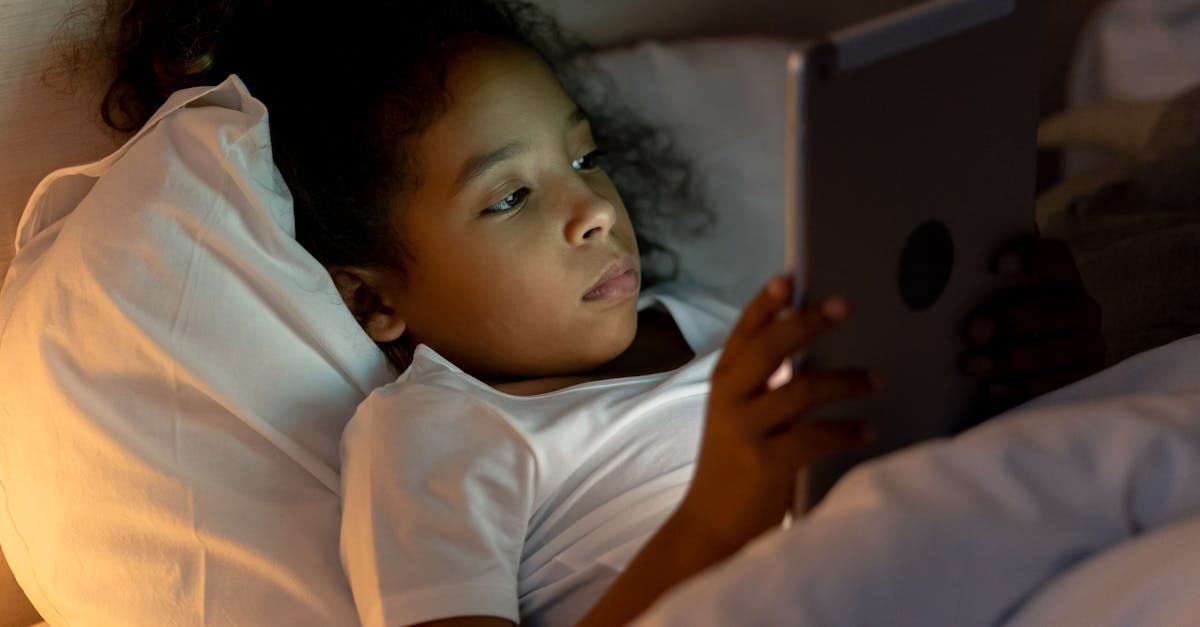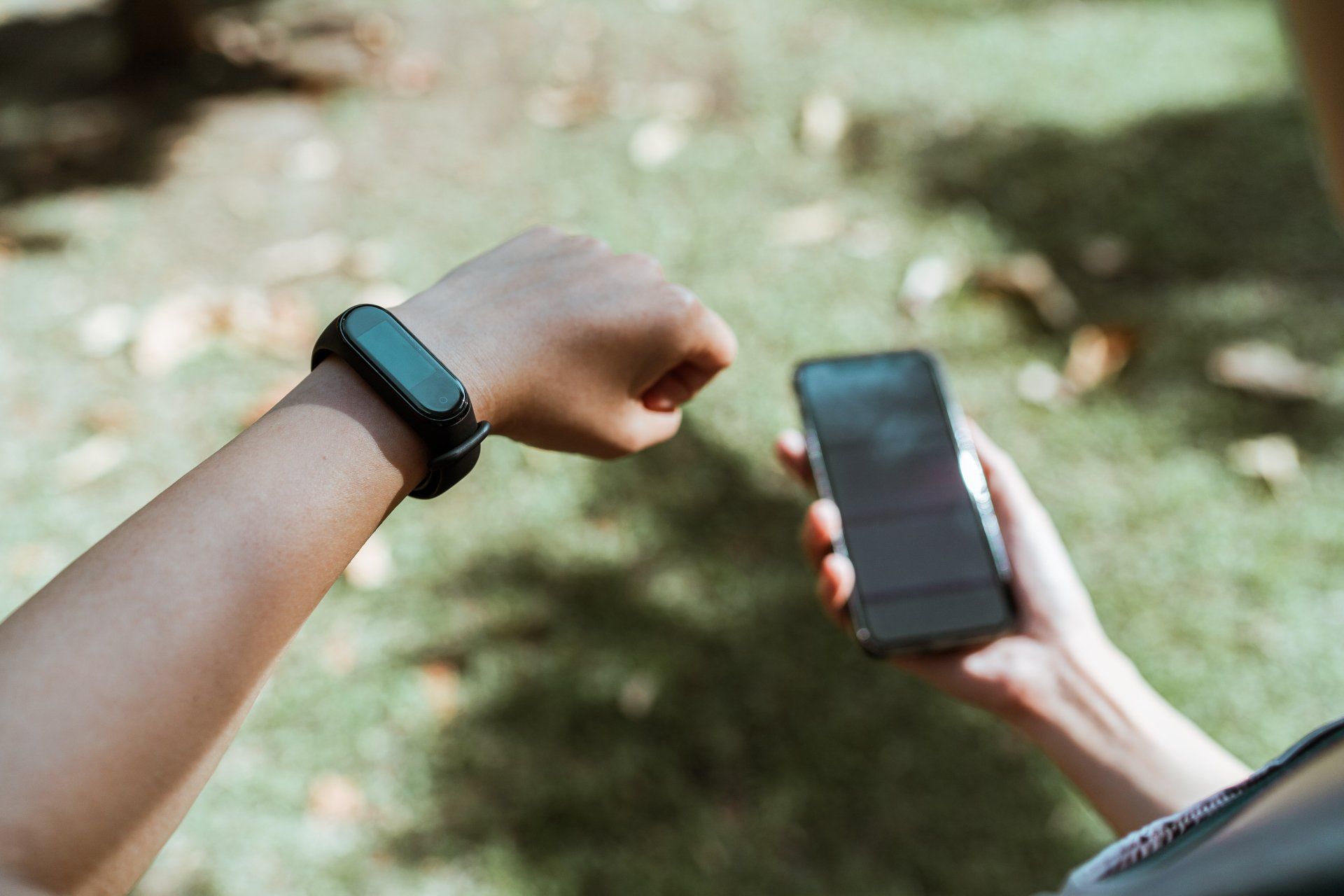Digital Overload: The Mental Health Impact of Screen Time on Children
Navigating the Digital Landscape: Protecting Young Minds

The Rise of Screen Time
In today's digital age, children are spending more time than ever in front of screens, whether for education, entertainment, or social interaction. While technology offers numerous benefits, excessive screen time is increasingly linked to mental health issues in young people. Studies have shown that high screen use can lead to increased rates of anxiety, depression, and attention problems in children and adolescents1.
Social Media and Self-Esteem
One of the primary concerns is the impact of social media on self-esteem and body image. Platforms like Instagram and TikTok often portray unrealistic standards of beauty and success, leading to feelings of inadequacy and low self-worth among young users. Research published in JAMA Pediatrics found that adolescents who spend more than three hours a day on social media are more likely to report high levels of internalizing problems, such as loneliness and depression2.
Sleep Disruption and Its Consequences
Excessive screen time can disrupt sleep patterns, which are crucial for mental health. The blue light emitted by screens interferes with the production of melatonin, the hormone that regulates sleep. Poor sleep, in turn, exacerbates mental health issues, creating a vicious cycle. Parents should encourage regular screen breaks and establish a tech-free bedtime routine to ensure their children get adequate rest3.
Balancing Screen Time with Offline Activities
Balancing screen time with offline activities is essential for children's mental well-being. Encouraging outdoor play, reading, and face-to-face interactions can help mitigate the negative effects of digital overload. It's also important for parents to model healthy screen habits and engage in open conversations about the potential impacts of technology on mental health4.
Conclusion
By fostering a balanced approach to screen use, we can help protect our children's mental health in an increasingly digital world. It's crucial for parents, educators, and policymakers to work together to create environments that promote healthy digital habits and support the mental well-being of young people.
- World Health Organization, "Children's Health and Well-being," https://www.who.int/news-room/fact-sheets/detail/children-s-health-and-well-being. ↩
- "Association of Screen Time and Depression Among Adolescents," JAMA Pediatrics https://jamanetwork.com/journals/jamapediatrics/fullarticle/2767934. ↩
- National Sleep Foundation, "The Effects of Technology on Sleep," https://www.sleepfoundation.org/how-sleep-works/the-effects-of-technology-on-sleep. ↩
- American Academy of Pediatrics, "Media and Young Minds," https://pediatrics.aappublications.org/content/138/5/e20162591. ↩
**Disclaimer: The information provided in this blog, "Digital Overload: The Mental Health Impact of Screen Time on Children," is for educational and informational purposes only and is not intended to serve as a substitute for professional medical advice, diagnosis, or treatment. Always seek the advice of your healthcare provider with any questions you may have regarding a medical condition or treatment, and never disregard professional medical advice or delay in seeking it because of something you have read in this blog. If you think you may have a medical emergency, call your doctor or emergency services immediately. Links to other sites are provided for information only and do not constitute endorsements of those other sites.**

































